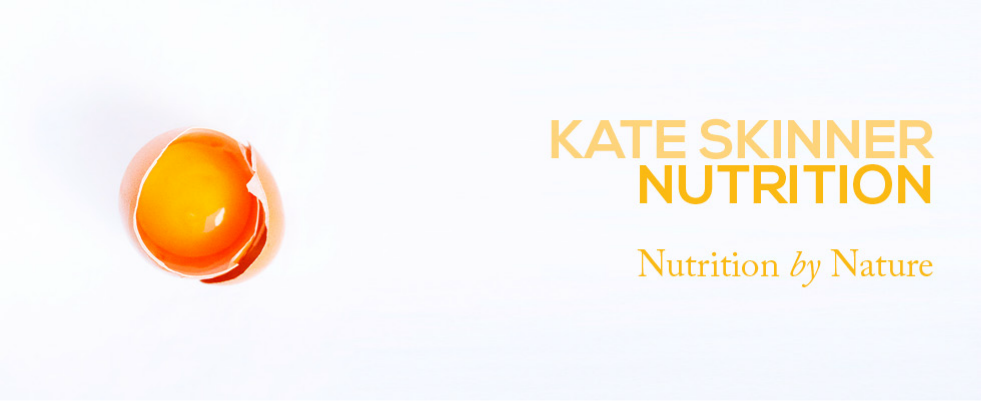Q & A Mondays: Thoughts on protein powders and a DIY all-natural miles-better-for-you protein shake03/04/2013 10 Comments One of the common questions that I field from clients and readers is how best to avoid water retention. I see countless people who do everything they can to avoid “puffiness” (particularly women, around menstruation) in order to feel ‘leaner’ – they typically reduce salt and increase water intake drastically (which of course is what is widely recommended). I thought I’d tackle the problems surrounding these strategies (reducing salt, increasing water) to try to combat water retention, to explain how in actual fact, they’re much more likely to amplify the problem, rather than solve it. Ultimately, decreasing sodium (salt) in the diet will increase water retention, not the other way around. Welcome to Q&A Mondays! Each Monday, I'll endeavour to answer some of the health questions sent in by readers via email, or that have been posted on the Nutrition by Nature Facebook page. This week's questions tackle some darlings of the health food industry - quinoa, almond milk and stevia. Are they really all they're cracked up to be? Welcome to Q&A Mondays! Each Monday, I'll endeavour to answer some of the health questions sent in by readers via email, or that have been posted on the Nutrition by Nature Facebook page. This week's questions are short but sweet, general food queries. Here goes... Welcome to Q&A Mondays! Each Monday, I'll endeavour to answer some of the health questions sent in by readers via email, or that have been posted on the Nutrition by Nature Facebook page. This week, Stuart asks via email: The proponents of calorie restriction, and intermittent fasting state that it reduces the levels of circulating IGF-1 [Insulin-like Growth Factor 1], which gets upregulated by a "high protein" diet. The higher levels of IGF-1 apparently lead to a shorter lifespan, and increase your risk of tumour (according to animal studies anyway). A) Do you believe this is true, despite these methods going against having a high metabolism? B) Is IGF-1 secreted independently of insulin, and mainly in response to protein intake? |





